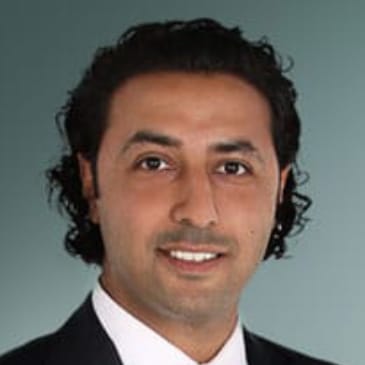Concussion?
Traumatic brain injury (TBI)
Traumatic brain injury (TBI) is an injury to the brain that disrupts the functioning of the intracranial nervous system. This trauma is usually the result of an impact causing the brain to move inside the cranium while shaking it. Depending on the impact or accident that has occurred, intracranial movement can be front-to-back, left-to-right or rotational. This shock (and successive shocks after the first) of the brain against the inner wall, damages brain surfaces and cells that can cause a momentary change in the person's state of consciousness that can vary from mild confusion to a deep coma. The severity and duration of symptoms depend on the degree of traumatic brain injury; mild, moderate or severe. The after-effects of the trauma therefore vary, among other things, according to the degree of seriousness of the accident, but also according to the age of the affected person, the area of the brain affected, the previous traumas that have occurred and their recovery, etc.
Concussions are less powerful impacts than the so-called moderate to severe traumatic brain injury. They are often associated with sports activities. They can have repercussions on cognitive functioning in both adults and children. Although it is currently impossible to predict the duration and severity of the impact, a neuropsychological assessment becomes relevant in order to measure its severity and thus be able to propose the best interventions and school accommodations.
Common symptoms
- Confusion or loss of consciousness
- Headache
- Loss of balance or dizziness
- Fatigue
- Concentration problems
- Memory problems
- Impatience
- Irritability
- Apathy
Assessment and intervention:
The assessment of a traumatic brain injury or concussion should consider that the residual sequelae will differ from person to person. In addition to the medical evaluation, it is therefore important to carry out a complete neuropsychological evaluation to observe the after-effects following the accident but also to highlight the strengths and abilities that were not affected by the trauma. This will also help document the rehabilitation.







Follow us to stay in touch with the world of psychology